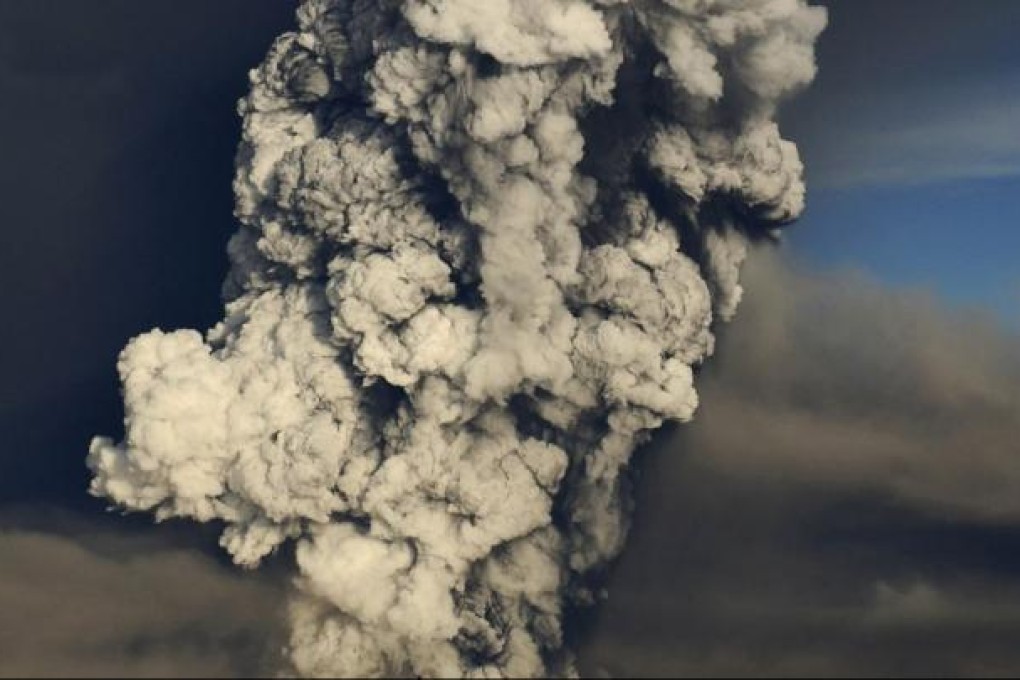Letters to the Editor, April 14, 2013
Storm forecasting requires a fully multi-disciplinary approach including a good understanding of earth sciences, since we are dealing with interactions between components of the earth's systems.

The report by Amy Nip on wild weather ('Expect storms, says world's weatherman', March 24), is somewhat misleading.
Storm forecasting requires a fully multi-disciplinary approach including a good understanding of earth sciences, since we are dealing with interactions between components of the earth's systems.
It is necessary to identify the most important factor or factors triggering storms based on the available evidence. Before this is carried out, it is wrong to link the occurrence of extreme storms to global warming.
The highly active hurricane season affecting the east coast of North America during 2012, which included devastating storms such as Hurricane Sandy, was the consequence of the abnormally warm North Atlantic Ocean.
The surface seawater temperature in this ocean was reported to be some 3 degrees Celsius above normal. This is best explained by the submarine eruption of the El Hierro volcano, located in the western Canary Islands, from October 2011 to March 2012.
The cause is therefore natural. Heating of the seawater has nothing to do with the greenhouse effect induced by man-made carbon emissions.